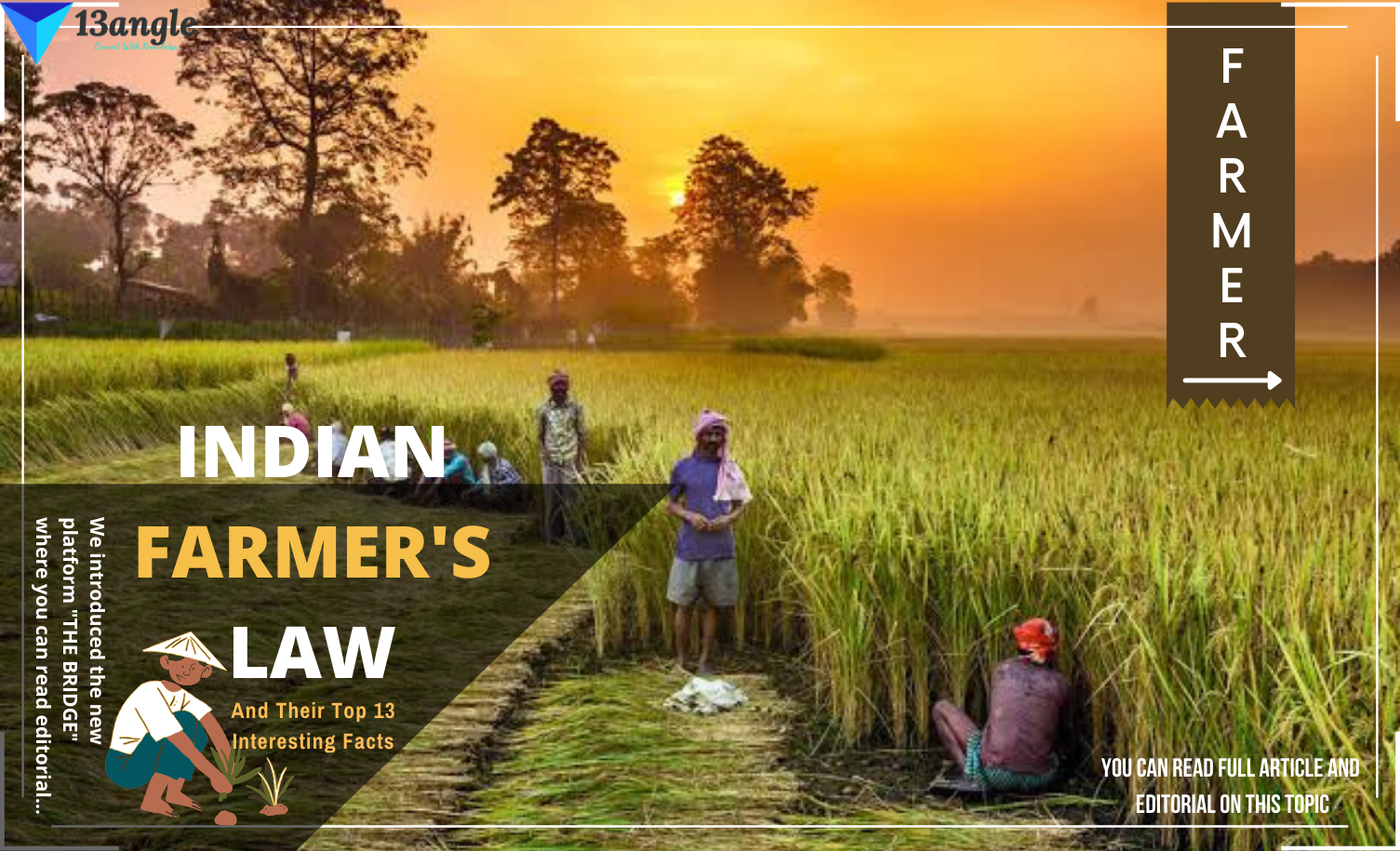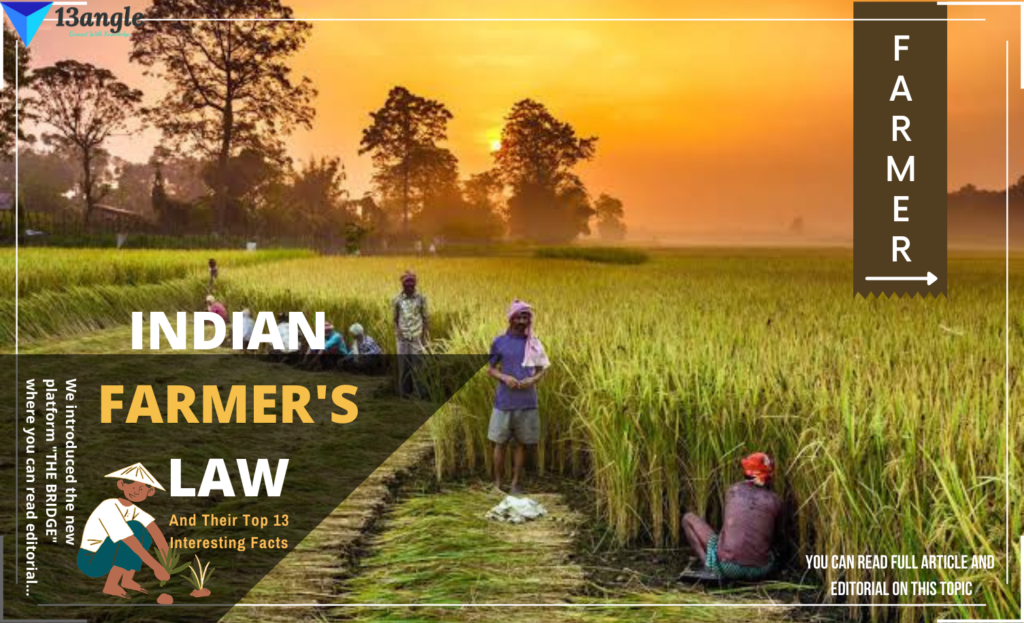- Umang Sagar
- National Issue, Recent article
Indian Farmer’s Law
Introduction
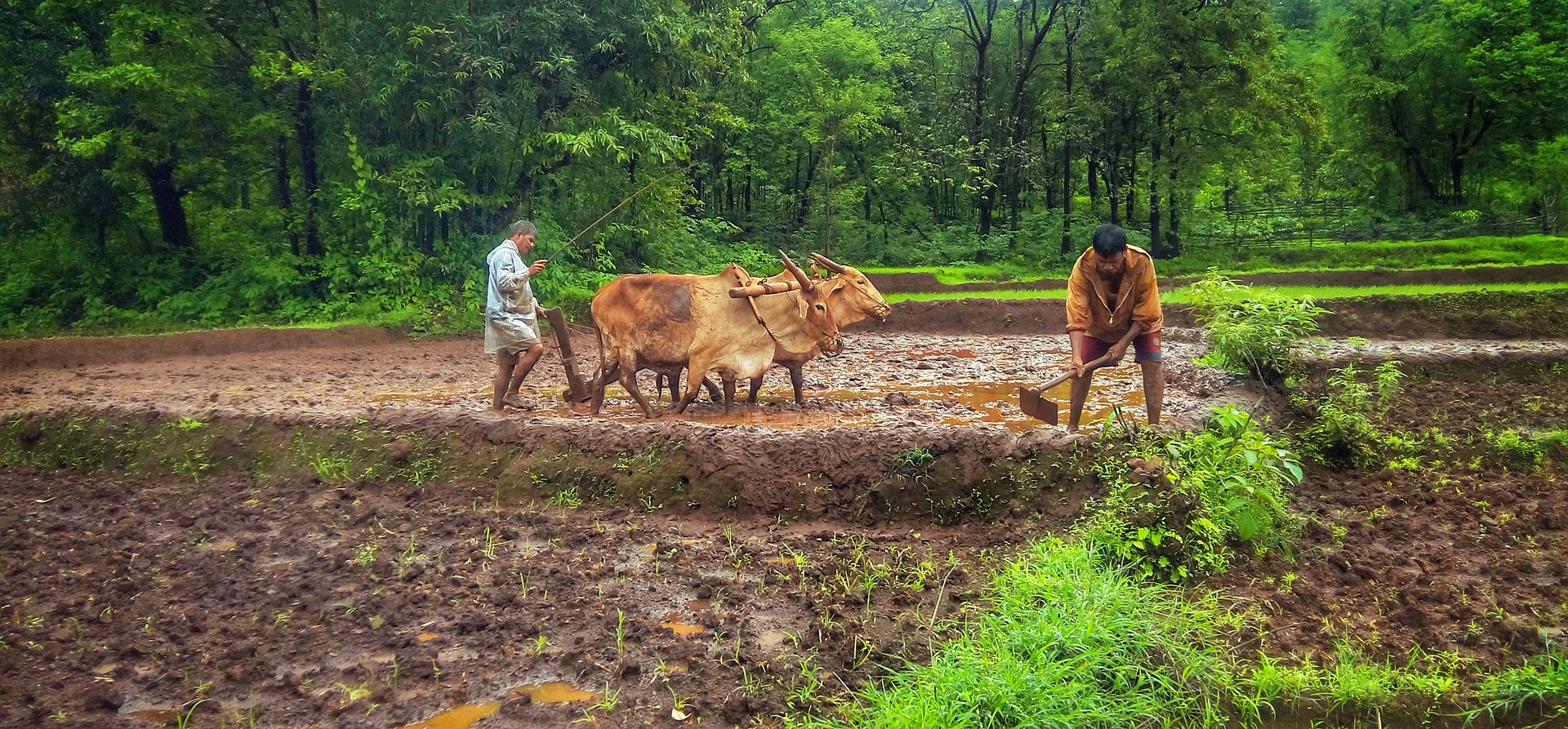
In the urban society, we see that the intake of various nutritious foods like fruits, vegetables, pulses has immunized the body of the people, as well as these food items, have set up a mind among the people that it is necessary for the survival in order to be healthy. Other than that all the people are indulged in the intake of junk foods. The credit for the survival goes to the farmers. With the loud voice, we can proclaim that the farmer is the most important person who has come up with lots of techniques in order to provide a huge amount of products for survival in the world. Secondly, in the urban society, it is very easy to get food with just a touch on a smartphone in order to consume delicious processed foods like meat but the excess intake of the processed food may ruin your body but other than that, we must consume foods that are grown in an agricultural field. The farmer grows the crop by the process of “agriculture”. By this effort, they feed the entire humanity which aids to maintain our healthy lifestyle satisfactorily.
Now, let’s discuss the life of the farmers.
The farmers in India are the most hardworking workers in the world. They are busy growing crops in the field under the heat of sunlight and also in the rain. It is just astonishing to know that they don’t have the fear of any season but they are tensed about the growth of the crops. They have to rise early in the morning and get engaged in plowing the land and sow the seeds for the growth of the crop. The development of the crop is just equivalent to the getting of gold. All the crops are just like their kids and the farmers are just like their parents, who take care of their children, but the financial condition of the farmers is very poor. They lead a very difficult life as well as they have to struggle for food.
All the farmers are indeed very hardworking people, without them our health wouldn’t have been immunized. The Indian Government has introduced many schemes like the “Agriculture Cooperative Society” which is a kind of institution in which farmers deposit their resources as well as they also provide various services to their individual family members and also helps in providing manure, seeds, pesticides, and agricultural equipment for the purpose of growing healthy crops.
The second implementation, taken by the Indian Government is “The establishment of the “Indian Farmer’s Law”.
About Indian Farmer’s Law
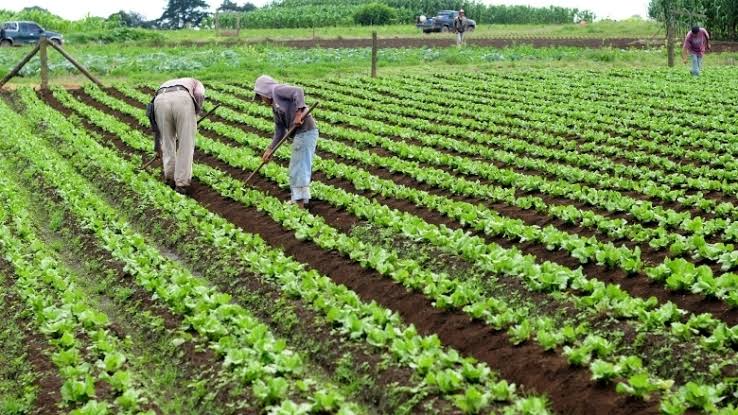
The Indian Farmer’s Law which is also known as the “Agriculture Reforms Bill” was first initiated by the Parliament of India along with the three acts in the months of September 2020. The Lok Sabha approved the bill on 17th September 2020 and the Rajya Sabha on 20th September 2020. The president of India, Ram Nath Kovind gave his assent on 27th September 2020. With this implementation of the law, the Supreme Court has appointed a Committee to look into the farmer’s grievance related to the farm laws.
In the year 2017, the government had released numerous farmer’s acts. The standing committee on Agriculture found the laws that regulated the Indian Agricultural market such as those related to APMCs that is Agricultural Produce Market Committees were not implemented fairly and honestly.
This committee comprises seven Chief Ministers and this committee was set up in 2019 to deal with the implementation of the farmers. This committee is yet to submit its report. The center promoted three ordinances in the first week of June 2020.
The Indian Parliament passed three agriculture acts during the monsoon session which reached the highest level on 23rd September and the “Contentious Bill” which received the president’s signs off on September 2020 was passed by the opposition party leaders and farmer groups alike.
The villagers from all over India raised an agitation regarding the opposition on the implementation of the farmer’s law. Farmers from across India have protested against these laws on the streets, Other than that, there has also had been a tractors protest which was done by the farmers of Punjab and Haryana on 26th January 2020 at Delhi who was also against the farmer’s law.
On August 28th 2020 , the Punjab Assembly passed a resolution rejecting the Central Government’s ordinances.
The three acts which were implemented by the Supreme court i
1. Farmer’s Produce Trade and Commerce (Promotion and Facilitation Act 2020)
- In this act, the farmers are allowed to engage in the trade of their own agricultural products outside the physical markets which is notified under various state Agricultural Produce Market Committee laws (APMC). APMC bill is also known as APMCS Bypass Bill. This act deals with the promotion of the barrier-free inter and intrastate trade of farmer’s produce. It also proposes an electronic trading platform for direct as well as online trading of the products in order to establish the platforms including companies, partnership firms, or societies. The implementation of this act has helped all the farmers to trade their own agricultural products outside state notified APMC markets and allows them to trade the products at farm gates, warehouses, and cold storage and it also prohibits state government or APMCs from levying fees or any other charge on farmer’s produce.
2. Farmers (Empowerment and Protection) Agreement of Price Assurance and Farm Services Act 2020
- This act seeks to provide the engagement to the farmers to deal w the agreement directly with the buyer before sowing the seed and sell the product to them at a pre-determined price. Entities that may strike agreements with farmers to buy agricultural products are defined as “sponsors’’ and can include individuals, companies, partnership firms, limited liability groups, and societies.
The Act provides for setting up farming agreements between farmers and sponsors. Any third parties involved in the transaction (like aggregators) will have to be explicitly mentioned in the agreement. Registration authorities can be established by state governments to provide for electronic registry of farming agreements and can cover mutually agree on terms between farmers and sponsors, and the terms can cover supply, quality, standards, price, as well as farm services. These include the supply of seeds, feed, fodder, agrochemicals, machinery and technology, non-chemical agro-inputs, and other farming inputs and the agreement must have a minimum duration of one cropping season as well as one production cycle of livestock. The maximum duration can be five years. For production cycles beyond five years, the period of agreement can be mutually decided by the farmer and sponsor and the purchase price of the farming produce—including the methods of determining the price—may be added in the agreement. In case the price is subject to variations, the agreement must include a guaranteed price to be paid as well as clear references for any additional amounts the farmer may receive, like bonus or premium.

There is no mention of minimum support price (MSP) that buyers need to offer to farmers.
Delivery of farmers’ produce may be undertaken by either party within the agreed time frame. Sponsors are liable to inspect the quality of products as per the agreement, otherwise, they will be deemed to have inspected the product and have to accept the delivery within the agreed time frame.
In the case of seed production, sponsors are required to pay at least two-thirds of the agreed amount at the time of delivery, and the remaining amount is to be paid after due certification within 30 days of the date of delivery. Regarding all other cases, the entire amount must be paid at the time of delivery and a receipt slip must be issued with the details of the sale.
Produce generated under farming agreements are exempt from any state acts aimed at regulating the sale and purchase of farming produce, therefore leaving no room for states to impose MSPs on such produce. Such agreements also exempt the sponsor from any stock-limit obligations applicable under the Essential Commodities Act, 1955. Stock limits are a method of preventing hoarding of agricultural produce.
Provides for a three-level dispute settlement mechanism: the conciliation board—comprising representatives of parties to the agreement, the sub-divisional magistrate, and appellate authority.
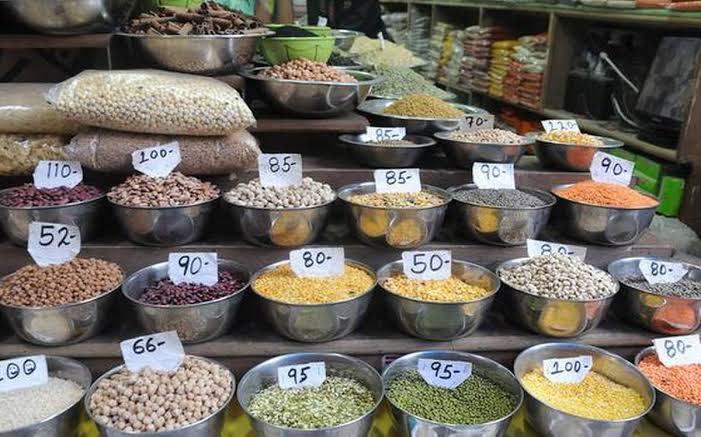
3. Essential Commodities (Amendment) Act 2020
- This act seeks to restrict the power of the government with respect to the production, supply, and distribution of certain commodities. This act also deals with the removal of cereals, pulses, oilseeds, edible oils, onion, and potatoes from the list of essential commodities. Government can impose stock holding limits and regulate the prices for the commodities under the Essential commodities. These include war, famine, extraordinary price rise, and the natural calamity of nature. They may be imposed if there is an increment of 100% increase in the retail price of horticulture products as well as a 50% increase in the retail price of nonperishable goods and it will be calculated over the price. It also aims to remove the fear of the private investors of the regulatory influence in their business operation and it gives freedom to produce, hold, move, distribute and supply the products which lead to harness private sector as well as the foreign direct investment in agricultural infrastructure.
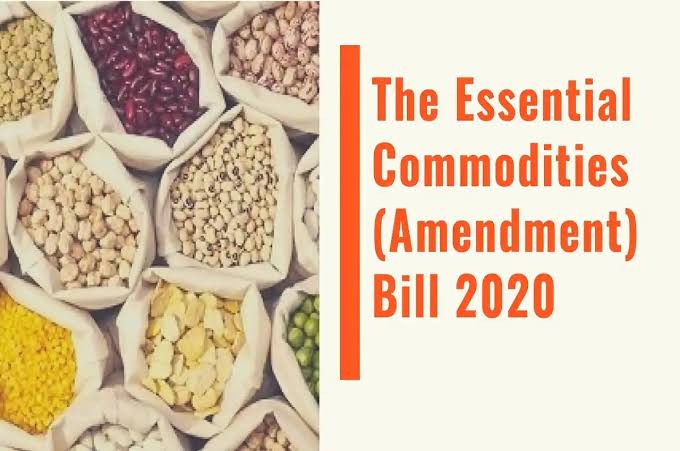
- But, along with this law implemented, it is clear that the government has taken a very systematic steps to take care of the farmer’s financial as well as standard of living by the maximization of the profits. Few years back, there had been a widespread agitation of the farmers over the issue of the the implementation of the Indian Farmer’s Law. As a reason, the farmers have set up a fully combat farmer’s team to Delhi. Their demand is to remove the laws which will restrict the sale of their crops. The farmer union will also settle for a legal assurance that the MSP (Minimum Support Prize) system will continue ideally through an amendment. MSP or Minimum Support Prize is the minimum prize paid by the government as soon as the procurement of any crops from the farmers. It is announced by the state run Commission for Agricultural Costs and Prices ( CACP) for more than 22 commodities on a annual basis after calculating the cost of cultivation.
Provision of the Indian Farmer’s Law
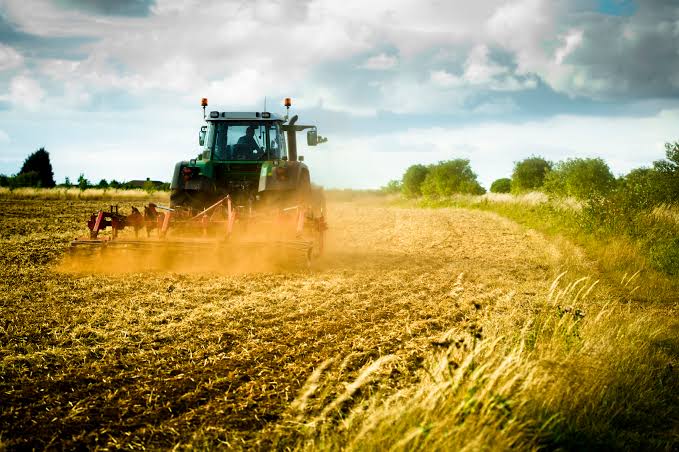
The key provision of the Indian Farmer’s Law is to help small and marginal farmers who do not have any means to either bargain for their produce to get a better price or invest in technology to improve the productivity of the farms and all the farmers are allowed to sell their products outside APMC mandis and states. The farmers will get better prices through the competition and cost-cutting on the transportation.
Now, there lies the fear among the farmers, Various agro-business organizations will collaborate with the farmers in order to maximize their profits by selling the products at a higher price and the farmers will end up getting loses for their crops and there will be a huge argument and they also fear that the virtual breakdown of the mandis will not acquire the assured prize for their crops and the “Arthiyas” i.e commission agents who also pitches in with the loans for them and will be out of the business.
As a reason, there was a huge encounter of the farmers all over India by the proclamation of “Bharat Bandh” by named “farmer’s union” on 8th December 2020 which was supported by opposition parties while asserting that peace and tranquility must be maintained on that day. The union ministry had cautioned by proclaiming to maintain the COVID 19 guidelines strictly. They have been protesting against the three laws which were enacted in the Monsoon session of the parliament. On Sunday, major political parties came out in strong support of the bandh.
The second encounter took by the farmers is the Tractor’s protest which took place on 26th January 2021.
Top 13 Interesting Facts Indian Farmer's Law
The Indian Farmer’s law is based on the recommendations of 2-5 years planning commission (From 2007- 2012 and from 2012 – 2017)
The main intention of the law is to help the small and marginal farmers who are leading a hard life.
The Indian Farmer’s Law was passed by the Indian Parliament based on the recommendations of these 5 years planning commission on 27th September 2020.
The Supreme court appointed a committee on 12th January 2021. To look into the farmer’s grievance.
Various political parties like BJP as well as Akali Dal have termed these Indian Farmer’s law reforms as “Anti Farmer”.
The Indian Farmer’s Law was divided into three acts: Farmer’s Produce Trade and Commerce (Promotion and Facilitation) Act 2020, Essential Commodities (Amendment) Act 2020, Farmers (Empowerment and Protection Agreement on Price Assurance and Farm Service) Act 2020
Out of three acts the third act seeks to remove commodities like cereals, pulses, oilseed, edible oils, onions, and potatoes from the list of essential commodities.
The standing committee was established in July 2019 to discuss the implementation.
The standing committee comprises seven Chief Ministers of different states
The act deals with selling agricultural products directly to the customer in the supermarket chains and grocers.
The farmers were against the laws implemented by the supreme court.
The farmers had the demand that the sale of their crops is losing the regulations and the three laws should be abolished.
As a reason, there had been a huge encounter of various protests like the Bharat Bandh and Tractors protest.



